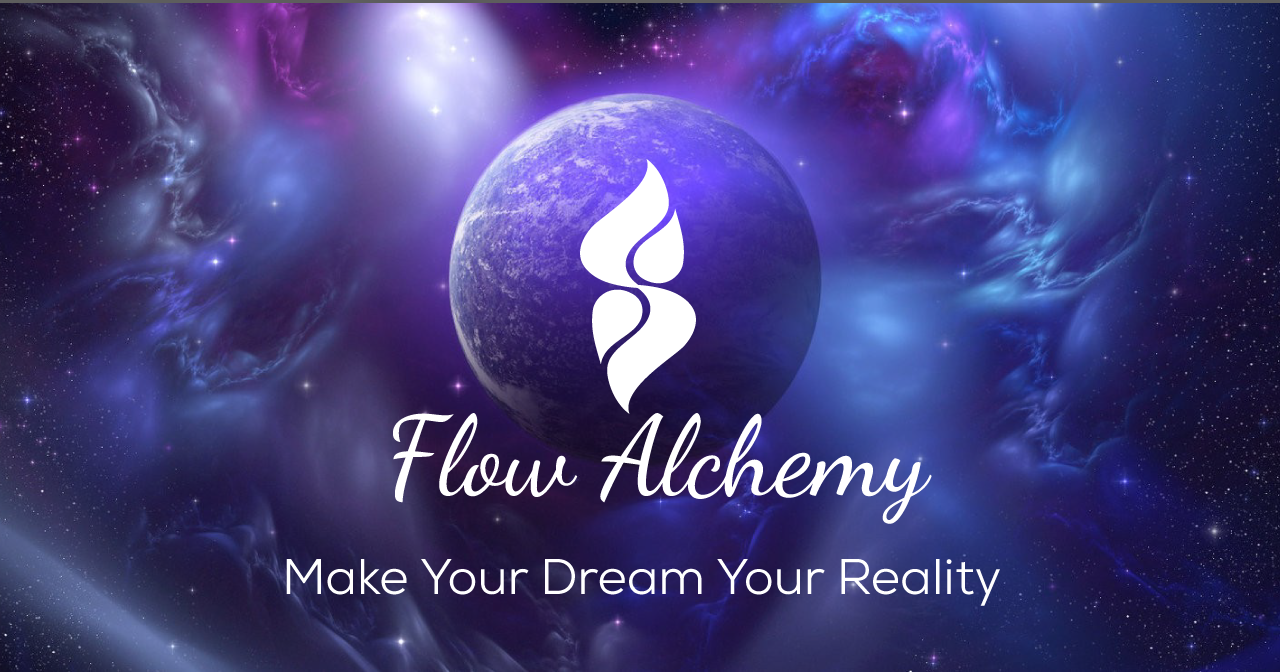I had always known that living consciously was an important practice in my life, but I wasn’t always aware of how many things it could be applied to for life improvement. One day, I sat down and made a list of all the things I work with people on in my coaching practice. I was looking for a common theme.
Once I looked at the list, it was very clear that living consciously is a theme that runs through all areas I use to improve my life and the lives of others
Here are the 7 Most Common areas where you can benefit from Living Consciously:
1) Deep Relaxation
Many people are drawn to living consciously or mindfulness in order to cope better with anxiety. But even people who are not suffering from anxiety can increase their awareness about when they need to slow down and find a space for relaxation. This can be tough in our fast-paced culture!
There are dozens of meditation techniques for achieving deep relaxation. If you try one and it doesn’t work for you, rest assured that there is surely one that will.
Techniques for relaxation often make us more anxious and restless at first. This is because anxiety is often the first emotion that comes up when you start to settle down. In fact, the more anxious you are, the busier you tend to be to distract yourself.
Would you like to feel a taste of deep relaxation right now?
Try this 3 Step Technique:
1) Inhale while counting slowly to 4
2) Hold your breath while you count to 7
3) Exhale while counting to 9
I find when I do this even just once, I feel much more relaxed!
2) Make Better Decisions
It goes without saying that you should never make a decision when you’re feeling angry or hungry. You’re more likely to do something you’ll regret, whether it’s saying something angry or buying food you don’t need at the grocery store. But imagine how much your decision-making would improve if you practiced a state of living consciously all day long.
What if you were constantly aware of your feelings throughout the day?
What if you could feel a knot in your stomach when asked to do something you don’t want to do and truly connect to the part of you that wants to say “no”? Even though it’s a part of you that you usually ignore and override?
What would it feel like to be in a state of authenticity and being true to your feelings in all situations?
Living consciously and using techniques such as meditation, visualization, and sentence completion, can increase your conscious awareness and help you make better decisions.
3) Improve Relationships
I believe the two most important aspects of any romantic relationship are Attraction and Communication and living consciously can help you with both of these!
A woman who takes the time to appreciate what is around her, who makes feeling sensual a priority in her life, is more attractive to a man, and this is so simple! Simply take the time to touch the fabrics and surfaces around you, really feel the air on your skin.
When you are completely grounded in yourself and you are enjoying every moment, you are attractive to everyone! And you are sending yourself the message that your feelings and your own enjoyment are your priority. This will take the focus off you trying too hard to please others which is often perceived as unattractive.
Use mindfulness to completely be in touch with your feelings every moment. Observe your thoughts. Do you find that certain thoughts tend to accompany certain feelings? Share your feelings all the time as a way to connect to your partner and with others.
When having a difficult conversation, always communicate with, “I feel” rather than making accusatory statements that start with , “you always”. Always be aware of your feelings in the moment while communicating and approach conversation as an art form.
Remember that your goal is not to attack or to be “right” and “win.” Your goal is always to get closer to the person you are communicating with and come to a win/win resolution. In order to do this, it is important to be completely aware of what is going on inside of you and to be sensitive to what the other person might be experiencing.
4) Heal Health Problems and/or Chronic Illness
Stress is a killer! When you are stressed, your body produces more of a chemical called cortisol, and large amounts of cortisol over time can contribute to just about any health problem you can imagine. There are countless studies that have shown that stress can exacerbate any illness, whether stress caused the illness in the first place or not.
Stressful situations also get your adrenaline going. Some of us are addicted to that adrenaline rush that comes with living a fast paced life full of things to do and deadlines. It’s just another way to feel a rush, and often it’s used to keep anxiety at bay (because anxiety creeps up when we settle down, as mentioned above).
Some chronic illnesses are caused by emotional conflict. This kind of conflict can be resolved by digging down into the emotion that is often being repressed or by getting different parts of ourselves to communicate with each other and come to a resolution. In addition, physical exercise and meditation techniques are great ways to relax and reduce cortisol levels.
If it seems strange that emotions and conflict can be responsible for health problems and chronic illness, consider the fact that there are more serotonin receptors in your gut than in your brain, and this is the chemical that is most commonly affected by antidepressants! Serotonin is the neurotransmitter that gives you a feeling of peace and happiness. Also, your digestive system is made out of the same tissue as your brain, and the two systems are connected by one nerve called the Vagus nerve. There are serotonin receptors in your heart as well. So all of these systems are working together as a whole.
5) Improve Your Thought Process
Most of us have thought patterns that don’t serve us, such as assuming the worst in any situation, or an inner critic that is always there to point out what was done wrong. You can use mindfulness to live more consciously and pay attention to thoughts that come up, the feelings that accompany them, and then challenge them!
In fact, this process is called Cognitive Behavioral Therapy, and it is one of the most effective treatments for anxiety and depression, which are basically more extreme forms of a faulty thought process–but we all have them!
What if you could stop yourself in your tracks the minute you recognized a thought that doesn’t serve you, that is getting in your way and preventing you from moving forward? What if you could settle into your feelings so completely and acknowledge them until they dissolve, leaving space for better ones to come in?
Practicing living consciously is all about observing and being in your inner landscape. You can only improve your thought process and your feelings when you truly know what they are!
6) Manifest Your Dreams
The process of manifesting your dreams is made up of many techniques, such as setting intentions, creative visualization, meditation, anticipation, and prayer. First you have to become very clear about what you want. Then you can mentally intend to have it using creative visualization to imagine your dreams coming true. Simple meditations can be used for being receptive–meaning, rather than trying to force something to happen, you are open to any insights that may come to you regarding your intention once you have sent it out.
It is very important to anticipate your dreams coming true. If you believe they won’t come true or if you have an inner critic that is getting in your way, this is something to develop mindfulness about. Recognize when you are allowing that thought process to be present and stop!
Anticipation is like play. Children play to prepare for what they want in their lives in the future, and it’s fun! If you are intending to manifest more financial success, visit fancy boutiques regularly and imagine with excitement what it will be like when you can buy what you want rather than feeling bad, because you can’t right now.
7) Experience Bliss
I have heard it said that it is easy to suffer–the challenge is to be happy.
It is more challenging to be happy sometimes. Being truly happy means facing fears and not making excuses. It often does take more work! You really do have to make a decision rather than living unconsciously day in and day out.
If you can experience gratefulness right now for all that you have, and anticipation for your future, and if you can truly feel your emotions and challenge any thoughts that do not serve you, you can feel bliss right now.
Studies show that when seasoned practitioners enter meditation or prayer, areas of pleasure and happiness are activated in their brains. On occasion, an extreme state of bliss can even be reached. Meditation gurus caution that one should never go searching for such a state with each meditation session or become too attached to attaining this blissful state. I believe this is because we can become so attached to achieving bliss as a goal, that we can forget to be grateful for a simple feeling of peace and happiness. Much like the problem of trying too hard to fall asleep, it is in surrender where the goal intended is reached.
But the bottom line is yes, through mindfulness practice, happiness and perhaps even states of bliss can be reached!
So there you have it: 7Â helpful benefits of living conscioulsy in order to have a more happy, blissful, rewarding, relaxing, amazing life!







Hi Christina
It’s Wendy here, and as you know I have found your blog throught the BIB challenges! It is a great site.
For the past 12 years I have listened to a variety of training professionals say the exact same things as you have above, but it has only started to really sink in over the past few months. I believe that I have finally found this path at the right time – maybe that is the Law of Attraction working for me. Your points in this article are so easy to follow and are right on the money. “Manifest Your Dreams” and “Experience Bliss” are powerful words yet provide a simple solution to managing the stress in one’s life. The idea of being more mindful about our actions, thought processes, responses and attitudes is really a great tool to use on a daily basis and I have found by reading your posts that it is constantly in my mind.
Thank you for your insight and for sharing this with the world.
Wendy 🙂
Hi Wendy,
Thank you so much for sharing your feedback and response to the article! I really appreciate and so glad it has been helpful. I look forward to seeing the Cheddar Diaries grow! 🙂
~Christine